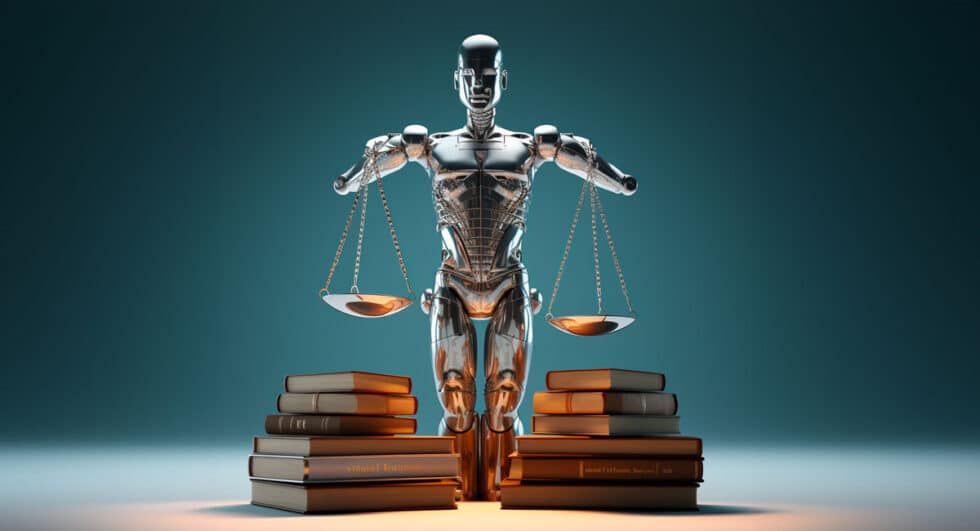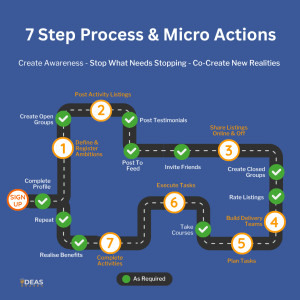AI Responses Are Being Programmed with Ideology – Now What?
Vote To Influence Outcomes
You must be logged in to rate.
Activity Details
Artificial Intelligence is increasingly shaping what people see, hear, and read. But much of the programming behind these systems reflects the perspectives, assumptions, and biases of those who design them. This can subtly - or overtly - tilt AI responses toward particular ideologies, limiting genuine neutrality and potentially influencing decisions, opinions, and policy.
Why It Matters:
>>> People rely on AI for guidance, information, and decision-making across work, education, and daily life.
>>> Ideological bias in AI can distort understanding, reinforce echo chambers, or misrepresent facts.
>> For example, ChatGPT when asked defaulted to using the term “irregular migration” rather than clearly distinguishing between legal and illegal migration, which can subtly shape perceptions and policy debates.
>>> As AI becomes more embedded in society, the long-term implications of biased responses could affect democracy, social cohesion, and trust in technology.
Potential Questions for Exploration:
>>> How biased is AI?
>>> How can AI systems be made more transparent about their underlying assumptions and perspectives?
>>> Who should oversee AI programming to ensure balanced, fair, and neutral outputs?
>>> Can communities contribute to AI development in ways that reduce ideological bias?
>>> What tools or methods exist to audit AI responses for bias?
Impact if Solved:
>>> More reliable AI guidance for individuals, organisations, and policymakers.
>>> Greater public trust in AI as a tool rather than a conveyor of ideology.
>>> Enhanced global collaboration around AI ethics and technology governance.



